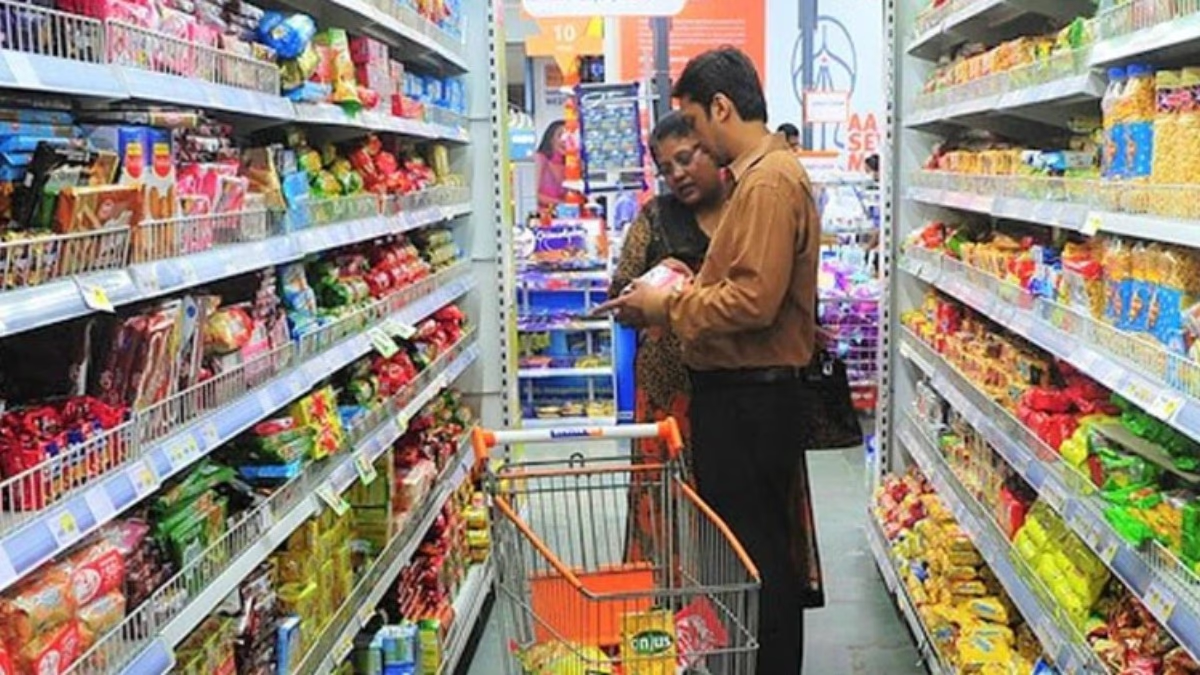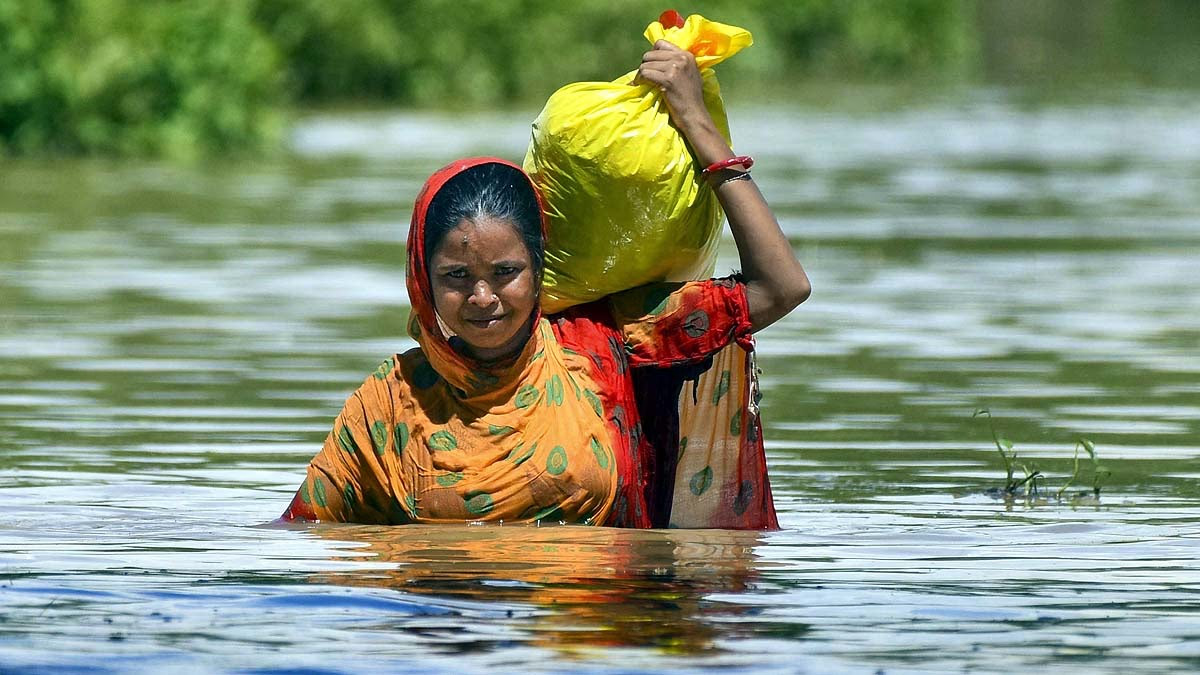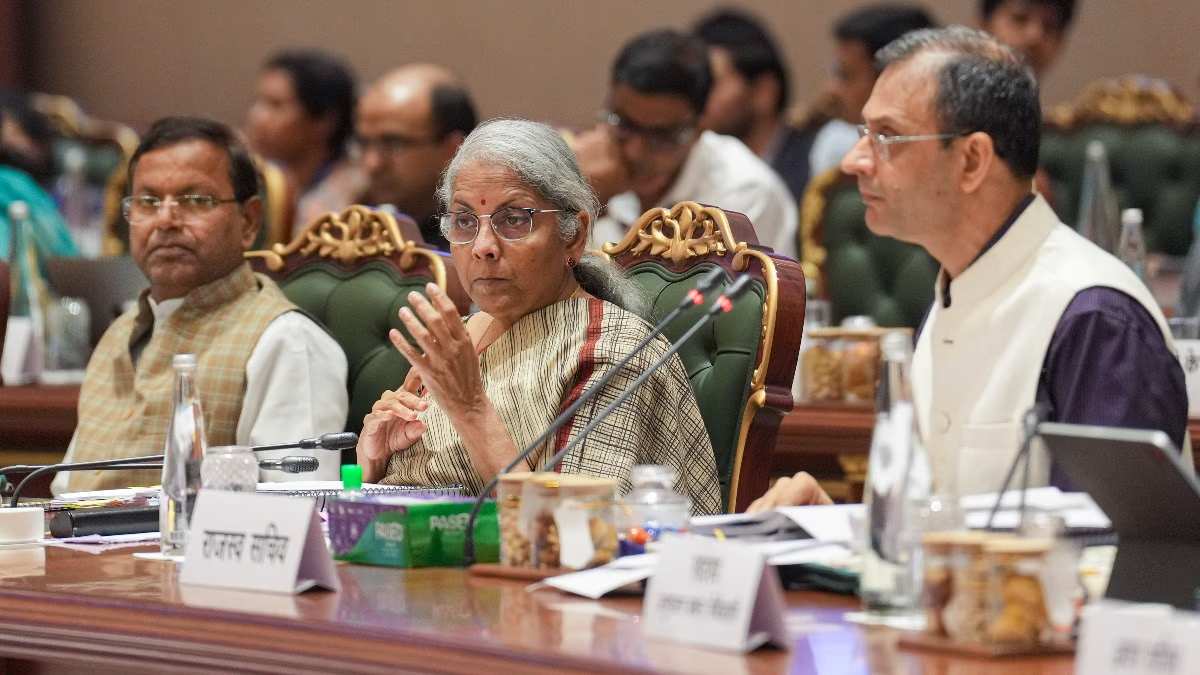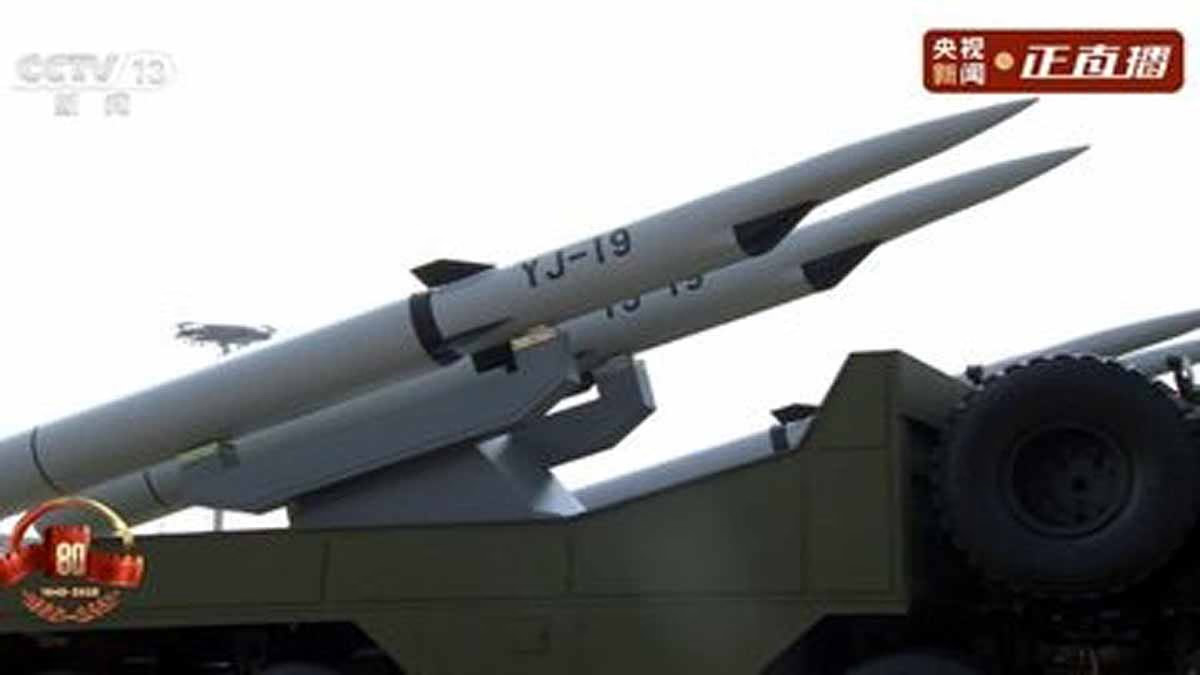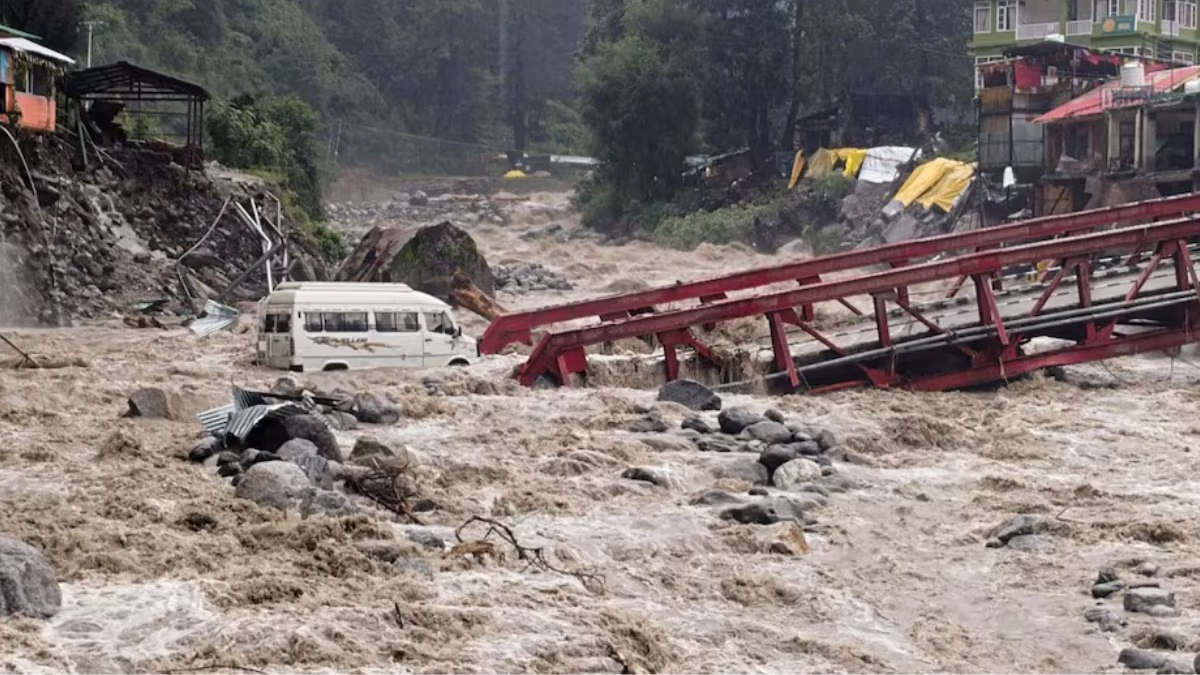The 56th meeting of the GST Council has commenced today, unveiling eagerly anticipated decisions that both companies and the general public are awaiting. Following Prime Minister Narendra Modi's major announcement from Red Fort on August 15 about introducing new GST reforms by Diwali, this marks the first meeting of the GST Council since then.
This session could herald major announcements with the potential of implementing two tax slabs within the new GST Reform by Diwali, likely making everyday essentials more affordable. Finance Minister Nirmala Sitharaman has indicated that the meeting, expected to last two days, will deliberate on rationalizing rates, potentially lowering prices for both daily essentials and expensive goods.
Discussion on Two Slabs
According to the central proposal, there might soon be only two GST slabs. All items in the 28% slab, barring harmful goods, may move to the 18% slab, while those in the 12% slab might reduce to 5%. Additionally, there will be a new 40% slab applied to six or seven items, predominantly harmful and luxury goods.
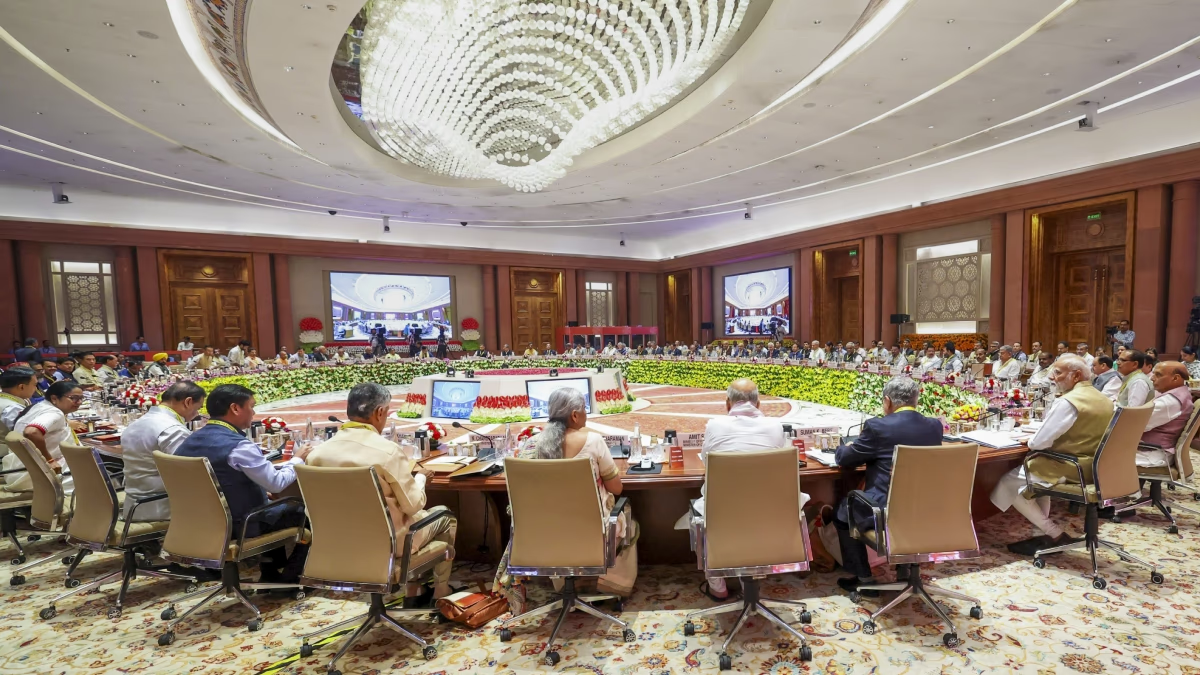
Source: aajtak
175 Items May Get Cheaper
A Moneycontrol report suggests that official sources indicate a potential GST rate cut on approximately 175 items, including food products, almonds, snacks, ready-to-eat items, jam, ghee, butter, pickles, marmalades, chutneys, automobiles, tractors, electronics, ACs, and refrigerators.
Sources reveal that if the ministerial group’s (GOM) rate reduction proposal is accepted by the GST Council, the average GST rate on all goods, currently around 11.5%, will drop below 10%.
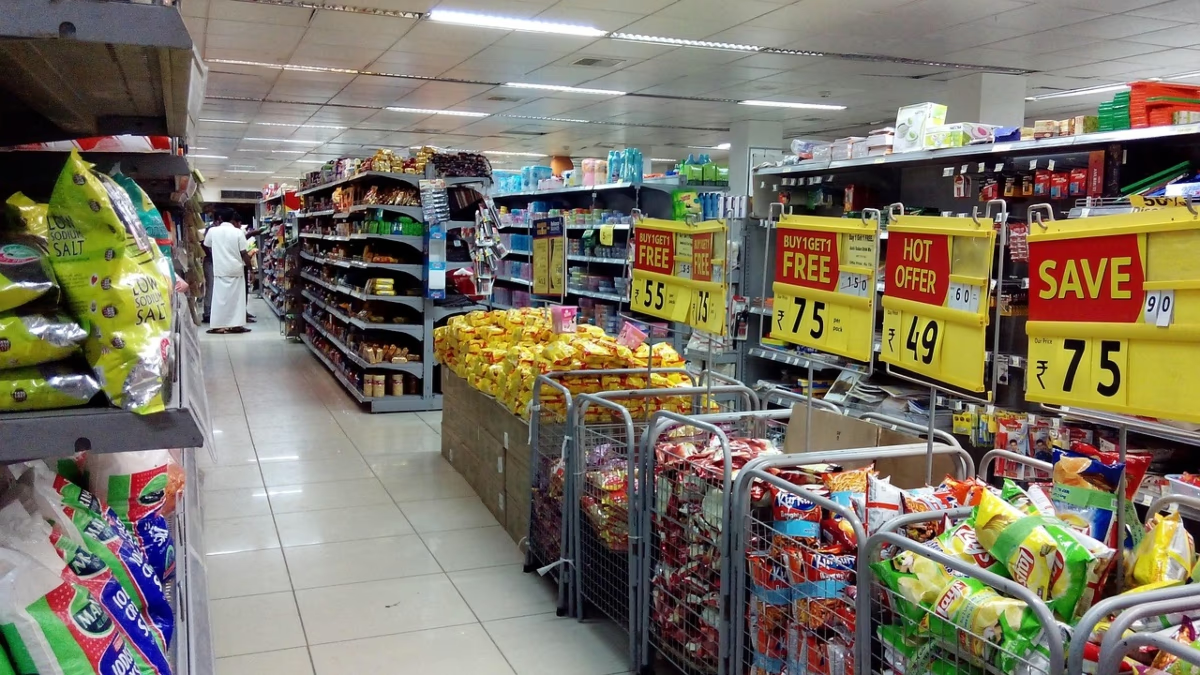
Source: aajtak
Key Items in the 12-28% Slabs
Ghee
Butter
Cheese
Packaged Frozen Vegetables
Fruit Juice (mostly non-aerated)
Umbrellas
Solar Water Heaters
Agricultural Equipment
Air Conditioners
Cement
Cars/SUVs
Exemption for Health and Insurance from GST
Proposals from ministerial groups advocate exempting health and life insurance premiums from the GST ambit, meaning no tax should be levied on these. This exemption would potentially result in a revenue loss. Telangana Deputy Chief Minister Mallu Bhatti Vikramark posits that extending full exemption on health and life insurance premiums could result in an estimated annual revenue shortfall of ₹9,700 crore.
